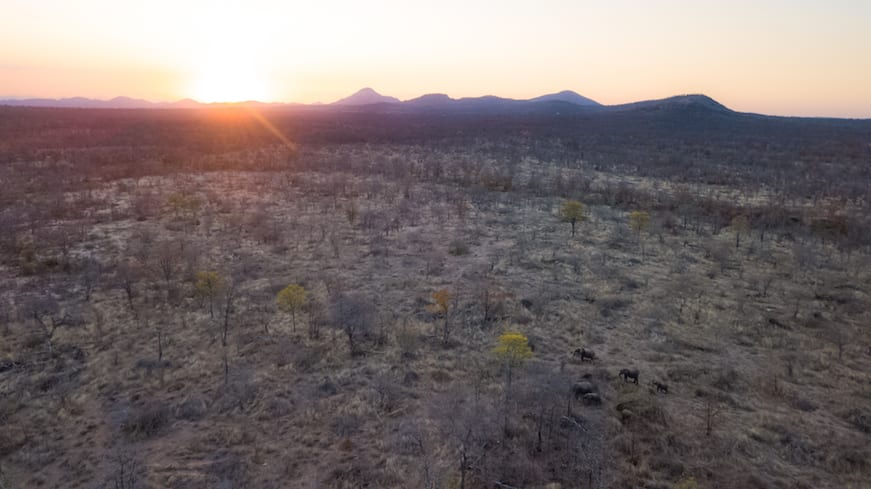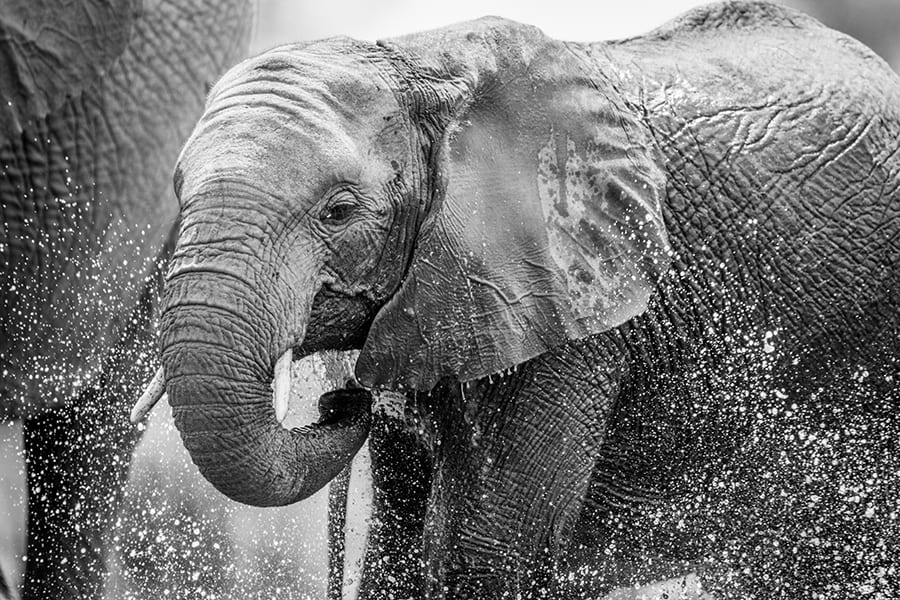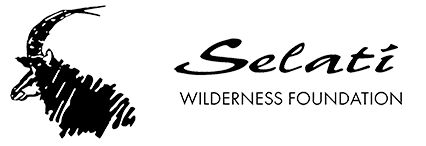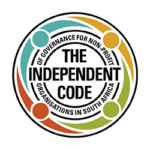

The latest regional Great Elephant Census undertaken by philanthropist Paul G Allen has shown that the decline in regional elephant populations is severe at around 30% within 15 of 18 African countries. The elephant populations however in South Africa is stable and increasing, something we can attest to at the Selati Game Reserve.
68 Elephants were re-introduced into Selati from the Kruger National Park between 1996 and 2002. Since that time, elephant numbers have steadily increased despite live sales and vasectomizing 14 adult bulls in 2012. This vasectomizing programme was sponsored in part by the Disney corporation and veterinarians from the USA together with their South African counterparts. The programme was initially successful until such time as adults breached the reserve from the Kruger National Park and other surrounding reserves.
Selati has a current population of approximately 130 elephants. Our consulting ecologists have expressed concern that this number is excessive in relation to the size of the reserve. Elephants act as ‘landscape engineers’ and an over-population of this important flagship species impacts negatively on the bio-diversity of the reserve as a whole. Proper stewardship in the conservation of all species, both fauna and flora, on Selati requires that we find ways of managing our elephant population particularly considering that, if left unchecked, population growth amongst elephants is 5-7% per annum.


